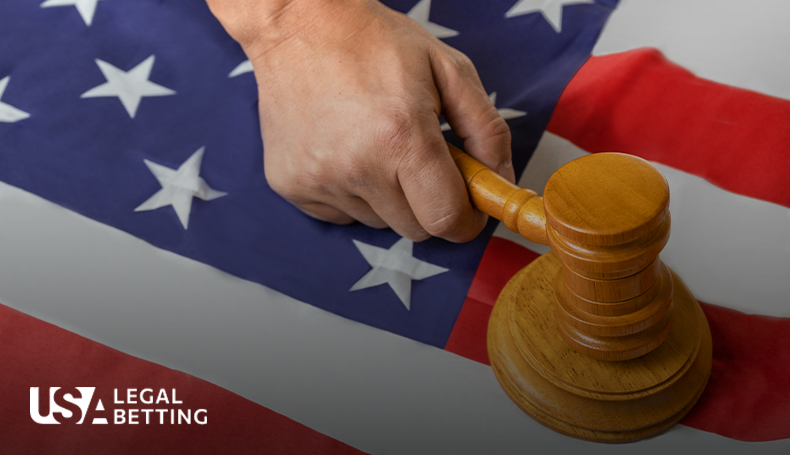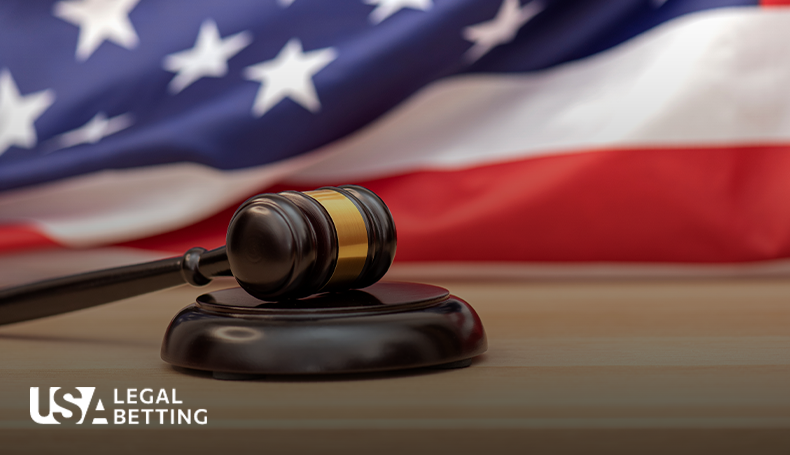Florida’s gaming compact appears to finally be safe.
The US Supreme Court (SCOTUS) has decided not to hear a case from West Flagler Associates challenging the state’s gaming compact, which is the legal framework for the Florida sports betting market. The decision marks an end to years-long effort to overturn the compact, meaning it is now safe for the first time since it was agreed to in 2021.
“The Seminole Tribe of Florida applauds today’s decision by the U.S. Supreme Court to decline consideration of the case involving the Tribe’s Gaming Compact with the State of Florida,” Seminole spokesperson Gary Bitner told the Tampa Bay Times. “It means members of the Seminole Tribe and all Floridians can count on a bright future made possible by the Compact.”
While sports betting has been live in the state since November 2023, an official SCOTUS review would have threatened to put the industry back on pause. A lower federal court ordered the industry to be halted after reviewing a challenge from West Flagler, leading to a delay of over two years.
SCOTUS’s decision comes after West Flagler got a similar result from the Florida Supreme Court, meaning they have exhausted all their option.


















